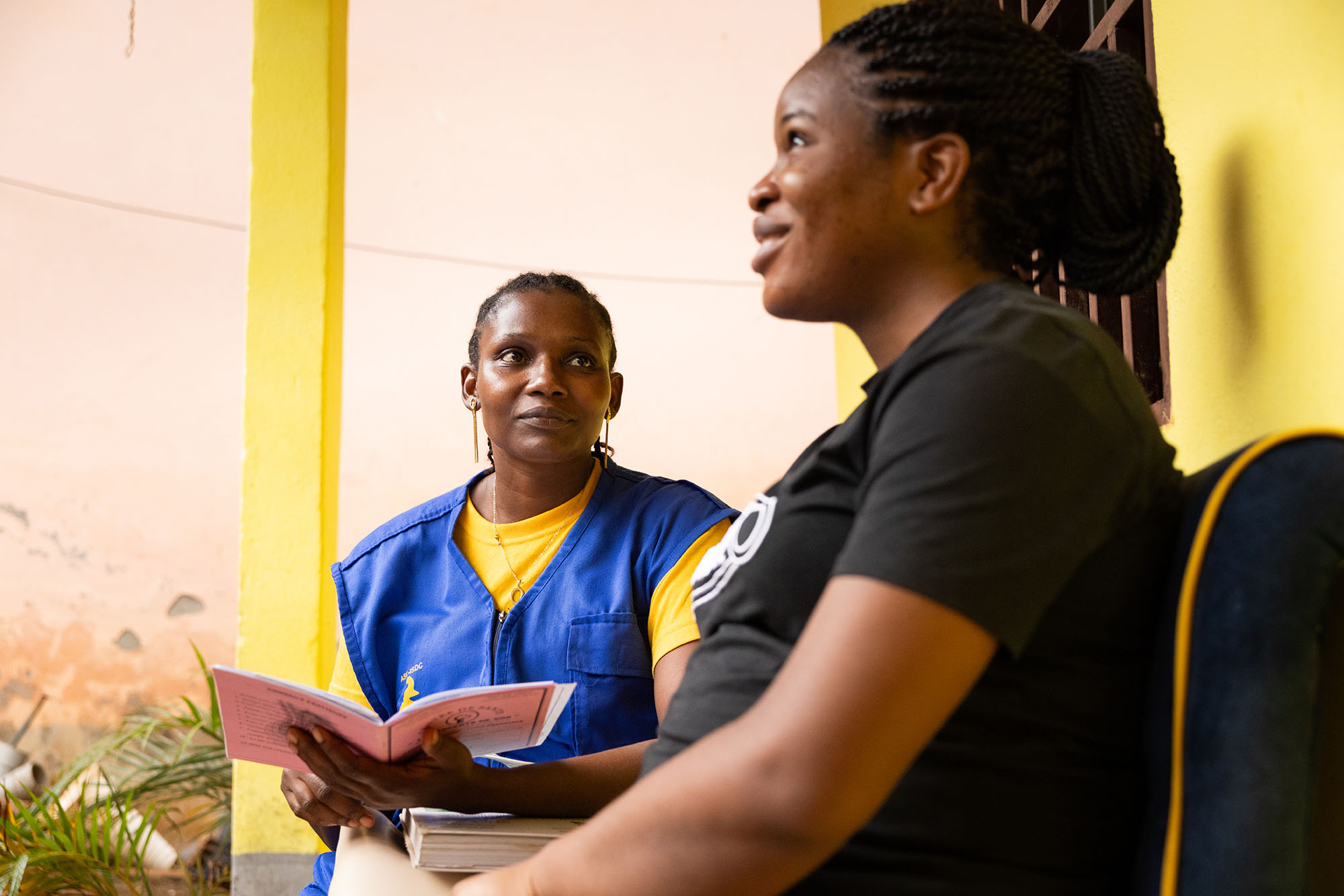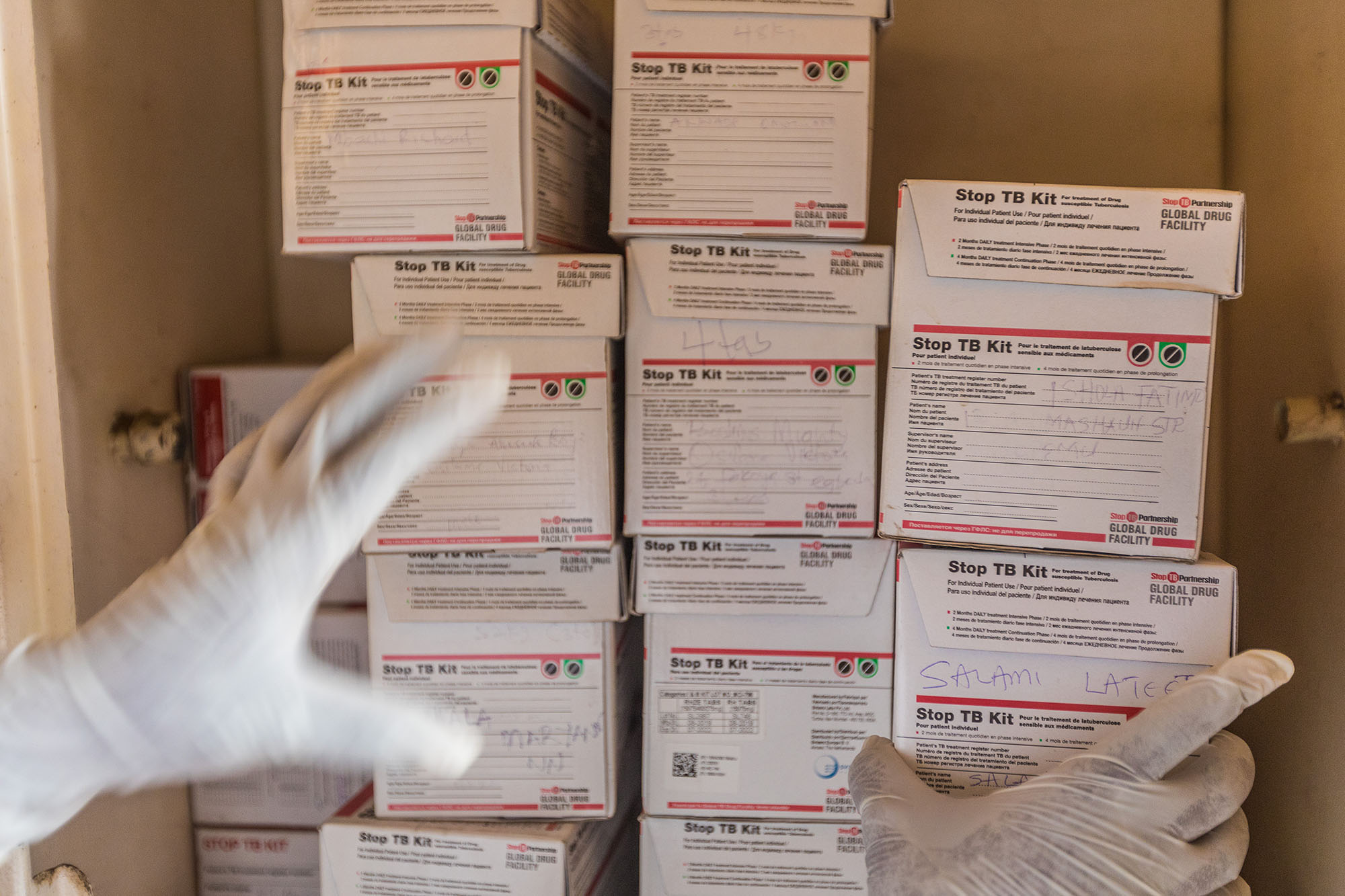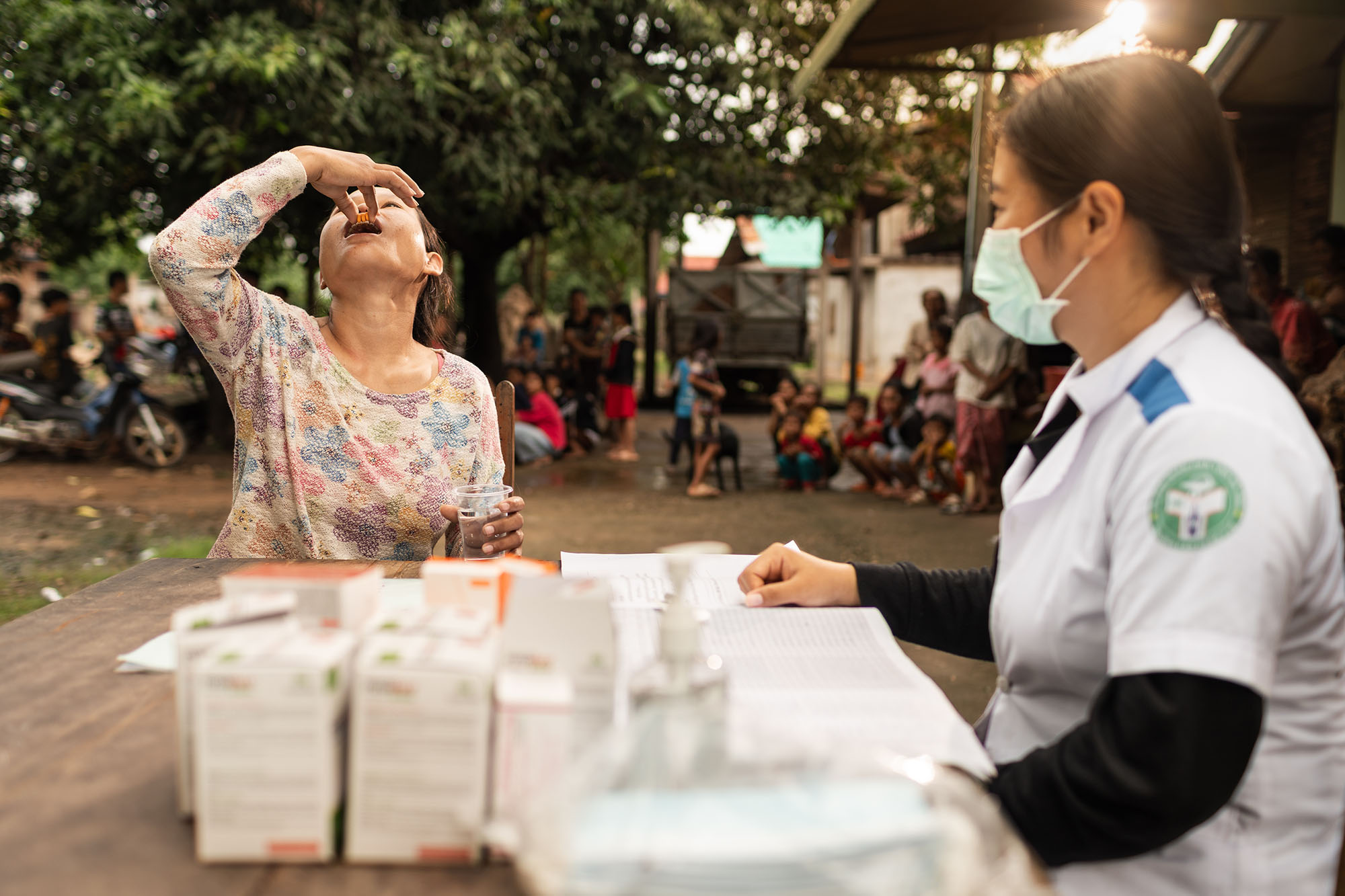The Challenge
Today, antimicrobial resistance (AMR) is one of the top 10 global public health threats. AMR occurs when disease-causing microbes evolve to withstand the effects of drugs intended to eliminate them. This compromises the efficacy of antibiotics and other antimicrobial medications, meaning there is an increased risk of untreatable infections spreading, causing severe illness and death, and potentially overwhelming health systems.
Bacterial AMR disproportionately impacts people in low- and middle-income countries, with sub-Saharan Africa carrying the heaviest burden of AMR. Drug resistance is already threatening available treatments to fight HIV, TB and malaria. Bacterial infections are the second-leading cause of hospitalization among people living with HIV, after AIDS-related illnesses. HIV and TB patients access health care more frequently, increasing their risk of health care-related infections. Misdiagnosed or undiagnosed TB and malaria can also lead to overtreatment with antibiotics, increasing the risk of AMR.
AMR is a health equity issue – people are dying because they do not have access to or information about lifesaving antibiotics and diagnostic tests to guide the right drug choices. Until everyone has equitable access to lifesaving health tools, services and information, diseases will continue to spread beyond borders and resistance will continue to affect the tools that fight disease, threatening us all.











